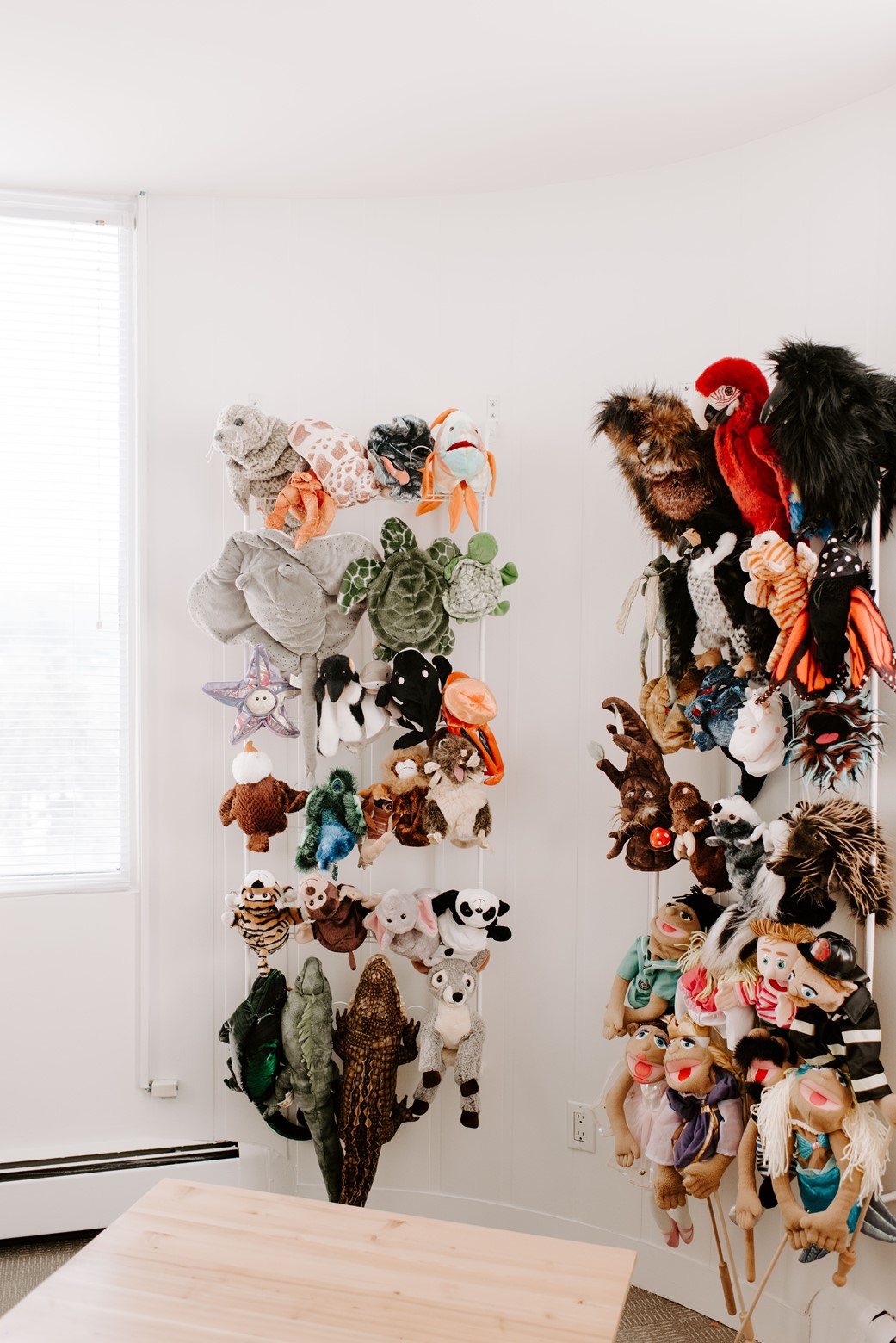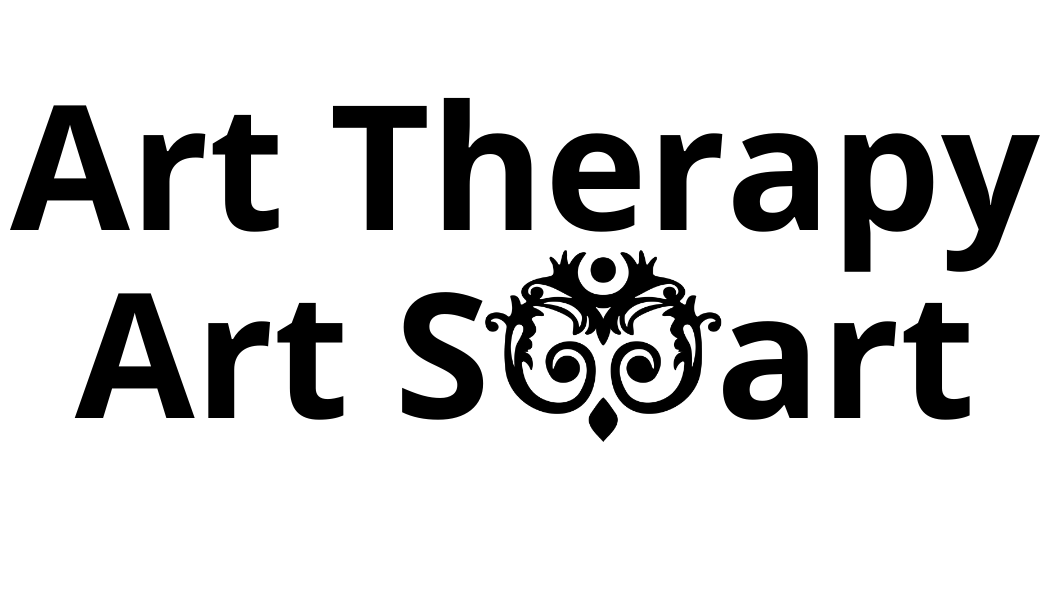What is Play Therapy?
Play is to a child what talk is to an adult. Play therapy is a way of expressing feelings, exploring relationships, expressing wishes, and self-fulfillment. In Play therapy children can express their needs, act out their past, and connect with others. The use of toys enables a child to transfer fears, anxieties, fantasies, and guilt onto objects rather than people. During this process the child feels safe from their own feelings because play enables them to distance themselves from the traumatic events and experiences.
Play therapy is used to treat problems that are interfering with a child’s normal development. This could include, but not limited to; attachment issues, separation anxiety, temper tantrums, aggressive behaviour, anxiety, depression, families experiencing separation or divorce, difficulties sleeping or nightmares, and children who have experienced sexual or physical abuse, neglect, or the loss of a family member.

What does a session look like?
During the session therapist will verbally reflect back to the child his or her play behaviours, thoughts, and emotions. This validates the child’s inner experience and helps organize both their emotions and experiences. The therapist may join in the play to help the play become unstuck and to help the child resolve their distress.
Some goals of play therapy are to enhance the child’s insight, self-esteem, communication, problem solving and coping skills, process and resolve traumas, family issues, emotions, and developmental challenges. Often a child is given strategies to cope with challenges they face in life and which they cannot change. This can provide a more positive view of their life.
Successful play therapy typically concludes when the parents report that the child is consistently functioning at a better level than when the therapy began. Depending on the age of the child, the child may report an improvement in mood, confidence, or social connections.

